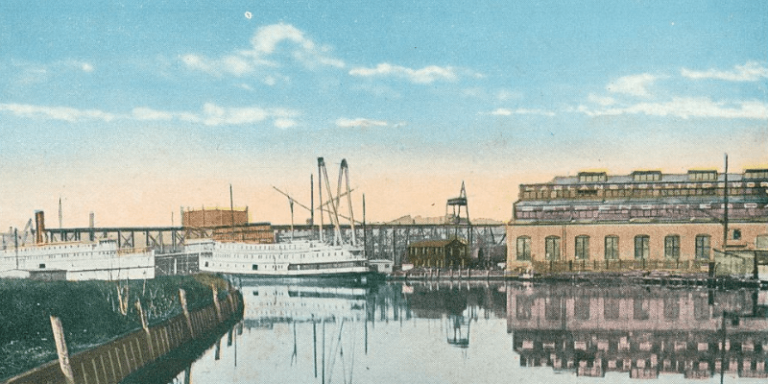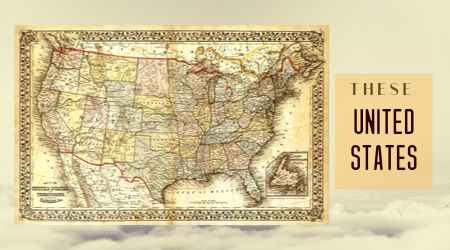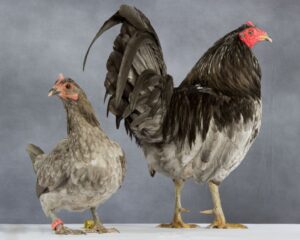Delaware: A Little State with a Big History
Delaware is the second smallest state in the Union, but as the first state, it has a rich history.
By: Kelli Ballard | November 19, 2019 | 447 Words

Harlan and Hollingsworth Ship Yard, Wilmington, Delaware, November 18, 1918. (Photo by Smith Collection/Gado/Getty Images)
Delaware was the first state to ratify the Constitution in 1787, making it the first state in the new Union. It is the second smallest state in America and has only three counties: New Castle, Kent, and Sussex. All three were established by 1682. Despite its small size, it still has a rich history that earned it a few nicknames such as First State (for obvious reasons), Diamond State, and Small Wonder.
Early History
In 1609, Henry Hudson explored the area while looking for a passageway to China, but he didn’t stay long. A year later, Sir Samuel Argall accidentally found the Delaware Bay after a storm knocked him off course. He named the land in honor of the governor of Virginia, De La Warr.

The Dutch were the first Europeans to settle in the area in 1631. The group’s settlement, called Zwaanendael (Valley of Swans), was located near the present town of Lewes. The following year, in 1632, Captain David Pieterszen de Vries sailed into the area and discovered the Dutch settlers had been killed by the local Native Americans and their buildings burned.
The land was then settled by the Swedish in 1638. They built the first permanent settlement at Fort Christian, now known as Wilmington, the largest city in Delaware. The land changed hands between the Dutch and the English over the next few decades. In 1655, the Dutch had possession and the area became part of New Netherland. However, in 1664, a British fleet came into the area, conquered it, and named it New York. In 1682, Delaware became part of the Pennsylvania colony and was known as the “Lower Counties on the Delaware.”

Male and Female Blue Hen. (Photo by: Edwin Remsburg/VW Pics via Getty Images)
The American Revolutionary War changed a lot for the small state. When the conflict began in 1775, the people were not sure if they wanted to risk splitting from England. Even the delegates were split on the notion; two in favor of seeking independence and one against it. In 1776, when it was time to vote for the Declaration of Independence, delegate Caesar Rodney knew his vote would be instrumental. The night before the vote was to take place, he was in the city of Dover and rode 70 miles at night through a thunderstorm just so that he could reach Philadelphia and place his vote in favor of declaring independence.
Although Delaware was not a hot spot for battles during the Revolutionary War, many Delawareans served as soldiers in the Continental Army. They were known as fierce fighters and earned the nickname “Blue Hen Chicks” after the blue-feathered fighting gamebird. Later, the Blue Hen became the state bird.
















